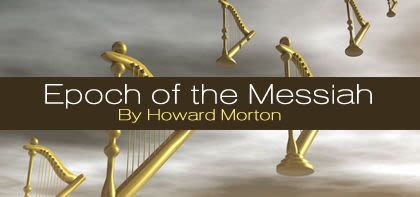
Epoch of the Messiah
Rabbi Wasserman saw two millennia of Jewish life in Europe go up in flames with his own eyes. So why did he talk about the Jews in America in the final moments of his life?

Why were American Jews on the mind of Rabbi Elchonon Wasserman as he was about to be murdered by Nazi collaborators in 1941 Lithuania?
And what does this have to do with the Epoch of the Messiah?
First a bit of background.
Rabbi Elchonon Wasserman was a Torah giant among a generation of giants in pre-World War Two Europe. A prominent rosh yeshiva and tireless Talmudic scholar, he was also one of the closest disciples of the saintly Rabbi Yisrael Meir Kagan, more famously known as the Chafetz Chaim.
On July 6, 1941, Rabbi Wasserman was teaching his students and his son Rabbi Naftali the Talmud. It was then that Lithuanian Nazi collaborators came to lead them to their slaughter. Quietly and calmly, Rabbi Wasserman addressed his companions. One of these companions, Rabbi Ephraim Oshry, survived the Holocaust and preserved Rabbi Wasserman’s final words. As an eye-witness, Rabbi Oshry said Rabbi 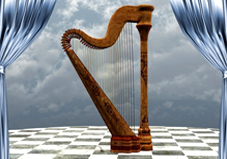 Wasserman spoke his last words “to everyone, to the whole of Israel.”
Wasserman spoke his last words “to everyone, to the whole of Israel.”
And it seems that at that pivotal moment, American Jewry was very much on his mind.
This is how Rabbi Wasserman began his final statement to the entire Jewish people:
“In Heaven it appears they deem us to be righteous because our bodies have been chosen to atone for Jewry. Therefore, we must repent now, immediately. There is not much time. We must keep in mind that we will be better offerings if we repent. In this way, we will save the lives of our brothers and sisters in America.”
Rabbi Wasserman saw two millennia of Jewish life in Europe go up in flames with his own eyes. So why did he single out the Jews in America in the last few moments of his life? Why not the Jews of other European countries not yet occupied by the Nazis, such as Hungary? Or the Jews of Israel, then called Palestine? Or North Africa?
Why America?
This was July, 1941. America hadn’t even entered the War yet; that would happen five months later on December 7, 1941 when Japan bombed Pearl Harbor. So in Rabbi Wasserman’s eyes, what danger did the Jews of America face?
Perhaps he knew that as European Jewry faced its destruction, America would become the new seat of Jewish exile. And perhaps he foresaw that American Jewry would be besieged by an unprecedented onslaught of spiritual dangers. Even more, perhaps he foresaw that Jewish life in America, like Europe, could also end abruptly and forcefully.
Rabbi Wasserman called the era he lived in “the Epoch of the Messiah,” the transition period between exile and the full redemption of the Jewish people. It’s now seven decades later. And the Epoch symptoms that had plagued Jewish Europe in Rabbi Wasserman’s time have only intensified in early 21st century America.
For starters, Rabbi Wasserman wrote that “in the Epoch of the Messiah, immorality will struggle with the study of the Torah.” Can this be any truer than in our time? Can there possibly be any more “immoral” distractions from Torah study than there are today? Whether it’s social media, games, video, music, ads or just the news — we have in our palms and on our laps access to an endless stream of immoral and sexual messages, not to mention an imaginative array of violence and murder.
Another major sign of the Epoch of the Messiah, according to Rabbi Wasserman, is assimilation. Rabbi Wasserman lamented the ravages of the Enlightenment Movement in early 20th century Europe. In pre-Nazi Germany alone, the intermarriage rate was one of the highest in the Jewish Diaspora. Today in America, it’s far worse. We’re now losing approximately 100 Jews every day to intermarriage and assimilation. What’s more, 72% of non-Orthodox Jews are marrying non-Jews, and 50% of all Jewish college students have one Jewish parent.
Through the eyes of the Torah, what can be the outcome of such assimilation?
Rabbi Wasserman tells us: “If the Jews drift too near, then the Nations thrust back. From this we can understand that the more Jews have drifted over to the Nations, the greater has been the recoil. This is well-apparent in those lands where the Jews had completely assimilated. How terrible this repulse really is!”
All this is referring to the period before the Messiah, the darkness before the break of day. The period we’re in. But what about the period of the Messiah, the time of the redemption? As we ask in the Shabbat morning Kedushah prayer: “When will You (G-d) reign in Zion?”
Rabbi Wasserman’s mentor, the Chafetz Chaim, gives us a glimpse of when that’s going to happen. And it starts with a calendar that ends this century.
In his Biur Halacha commentary to the Code of Jewish Law (Hilchot Rosh Chodesh, 427:1), the Chafetz Chaim reveals that the calendar in the Tur (written by Rabbi Yaakov ben Asher around seven centuries ago) ends in the year 5847. That’s the year 2087 in the Gregorian calendar.
Perhaps foreseeing potential conjecture about the Tur’s calendar ending in 2087 (just as had occurred when the Mayan calendar ended last year), the Chafetz Chaim said we shouldn’t worry too much about it. Why? Because he assures us that the geulah, the full and complete redemption of the Jewish people, will have arrived “much before” then.
Which means the redemption could really happen any day.
It seems obvious that the time “much before” the redemption has already passed and that we’re now living in the time right before the redemption (many rabbis have already stated that ours is the generation before the Messiah).
Meaning we’re living in very interesting times. And throughout Jewish history, the darkest time is always before the dawn.
So Rabbi Elchonon Wasserman’s concern for Jews in America is still relevant. With antisemitism, anti-Israel sentiment and “natural” disasters erupting throughout America and the globe, the storm clouds are growing dark again. We’re finding ourselves potentially vulnerable in our exile once more. And it’s time to heed all the wake-up calls and come home to the Land G-d gave us. But for those of us who can’t yet leave, what can we do while we’re still living in exile, especially in America?
Rabbi Wasserman, who himself lived and died during Jewish history’s darkest time, tells us exactly what to do: strengthen our emuna. In Rabbi Wasserman’s words, “Such is the advice which has been given us as to what there is for us to do in difficult times. The solution is for all time: to be rock-like in our emuna, our faith, and not submit to our environment.”
And as Rebbe Nachman of Breslev also revealed more than 200 years ago, “In essence, redemption is dependent on emuna. The root cause of the exile is simply a lack of emuna” (Likutey Moharan 7:1).





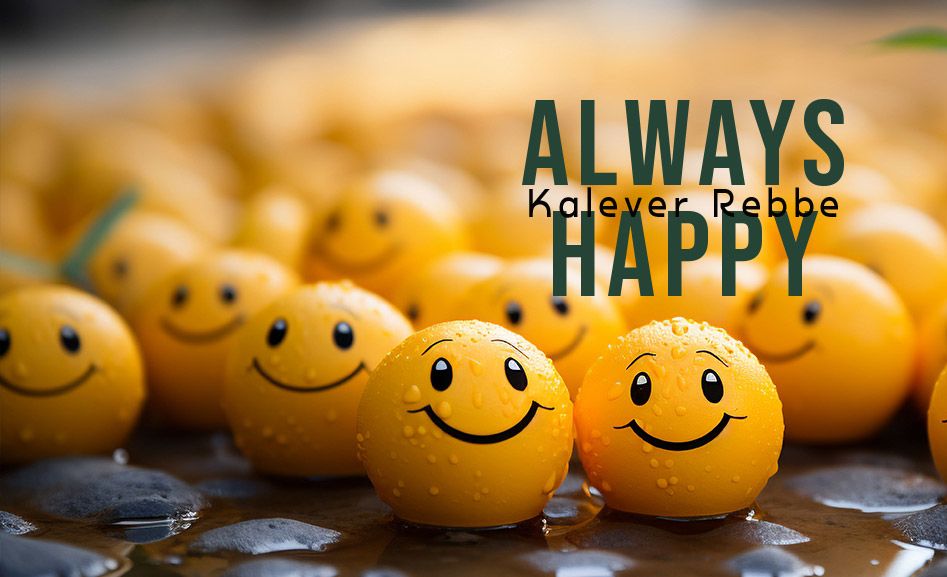
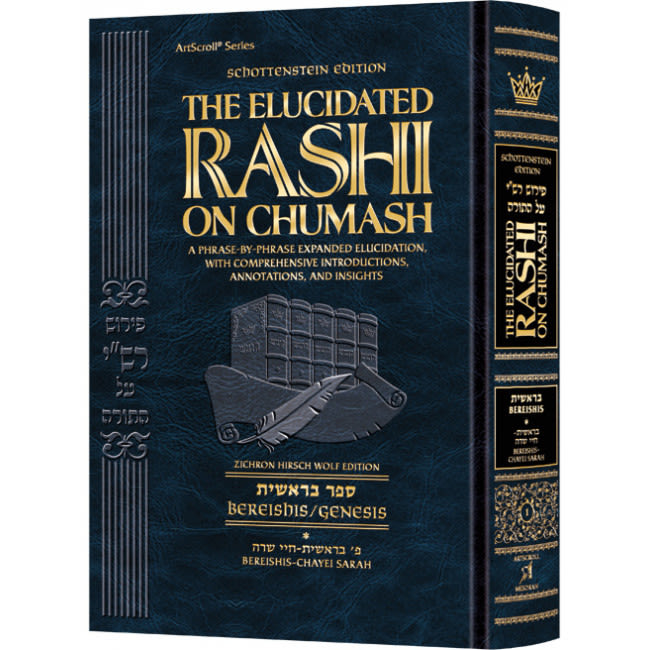


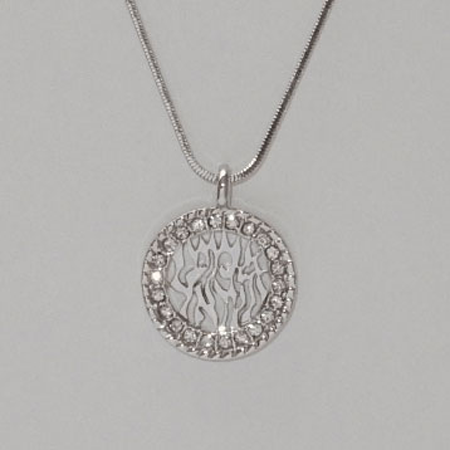

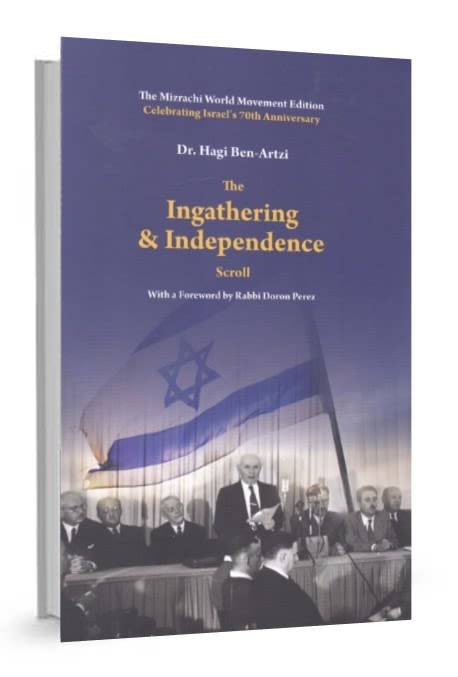
Tell us what you think!
Thank you for your comment!
It will be published after approval by the Editor.